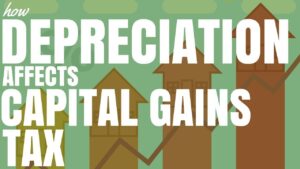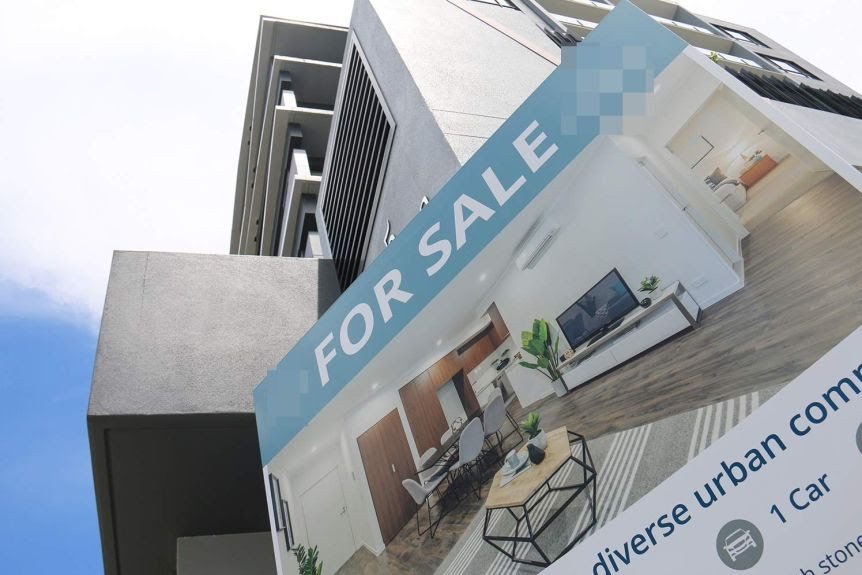How Property Tax Depreciation Works
A tax depreciation schedule can help you save money by reducing your taxable income and therefore lowering your tax liability. A tax depreciation schedule is a report that outlines the depreciation deductions you can claim on your investment property over time. Depreciation is the reduction in value of an asset over time due to wear and tear, and it is a tax-deductible expense for your investment property.
Depreciation Reduces Taxable Income
By preparing a tax depreciation schedule, you can claim depreciation deductions on your investment property, including building structures and plant and equipment assets, such as air conditioning, carpets, and ovens. These deductions can help to reduce your taxable income, which can lower your tax liability and increase your cash flow.
Depreciation Schedules Help Maintenance Budgeting
In addition to reducing your tax liability, a tax depreciation schedule can also help you to budget for maintenance and repairs on your investment property. By identifying the expected lifespan of each asset in your property, the schedule can help you to plan for future expenses and make informed decisions about when to replace or upgrade your assets.
Summary
Overall, a tax depreciation schedule can help you to save money by reducing your tax liability and providing valuable insights into the expected lifespan and maintenance requirements of your investment property assets. It is important to consult with a qualified and experienced Quantity Surveyor such as Melbourne Tax Depreciation MTD to ensure that your tax depreciation schedule is accurate and compliant with relevant tax laws and regulations of the Australian Tax Office (ATO).












